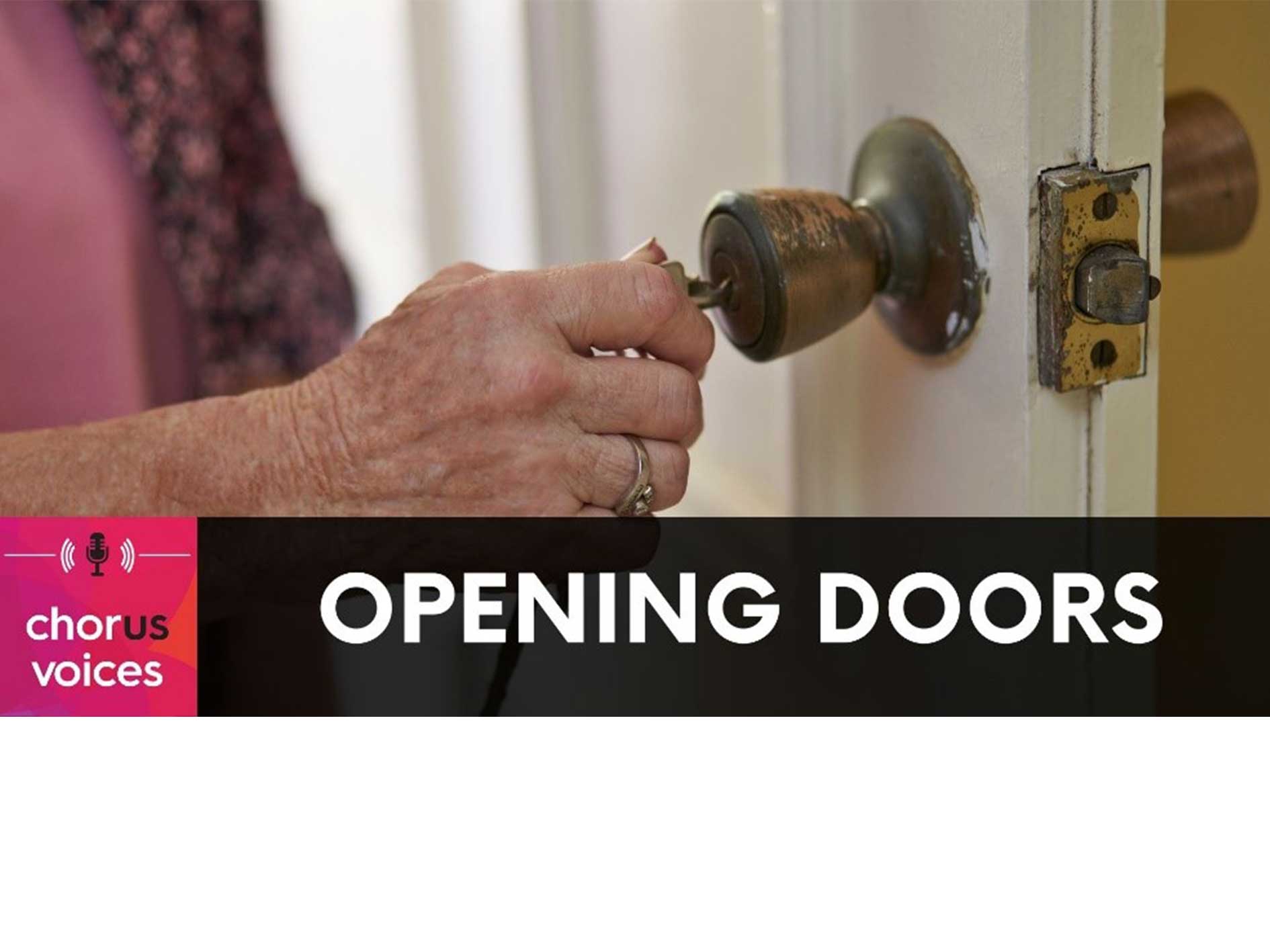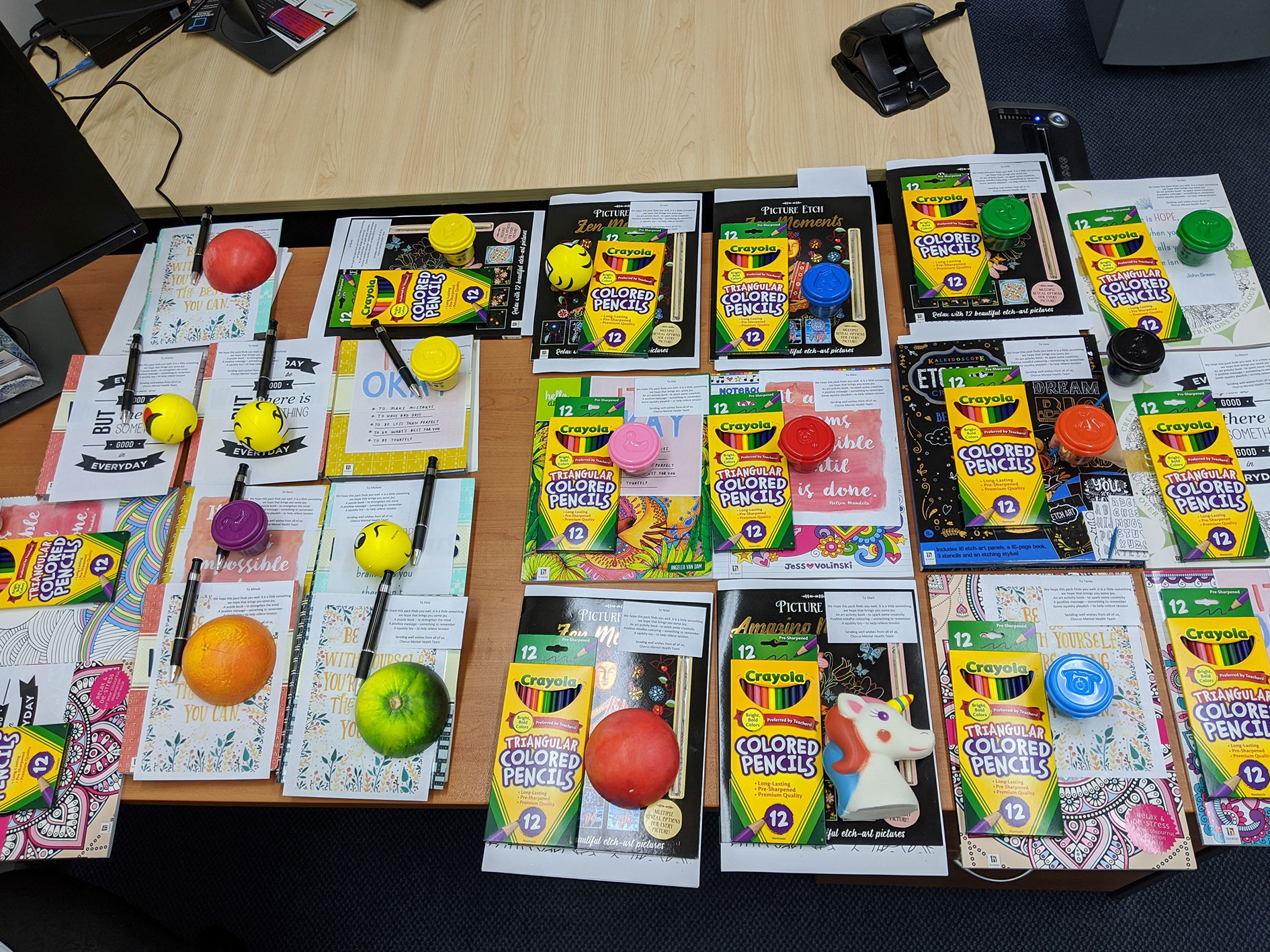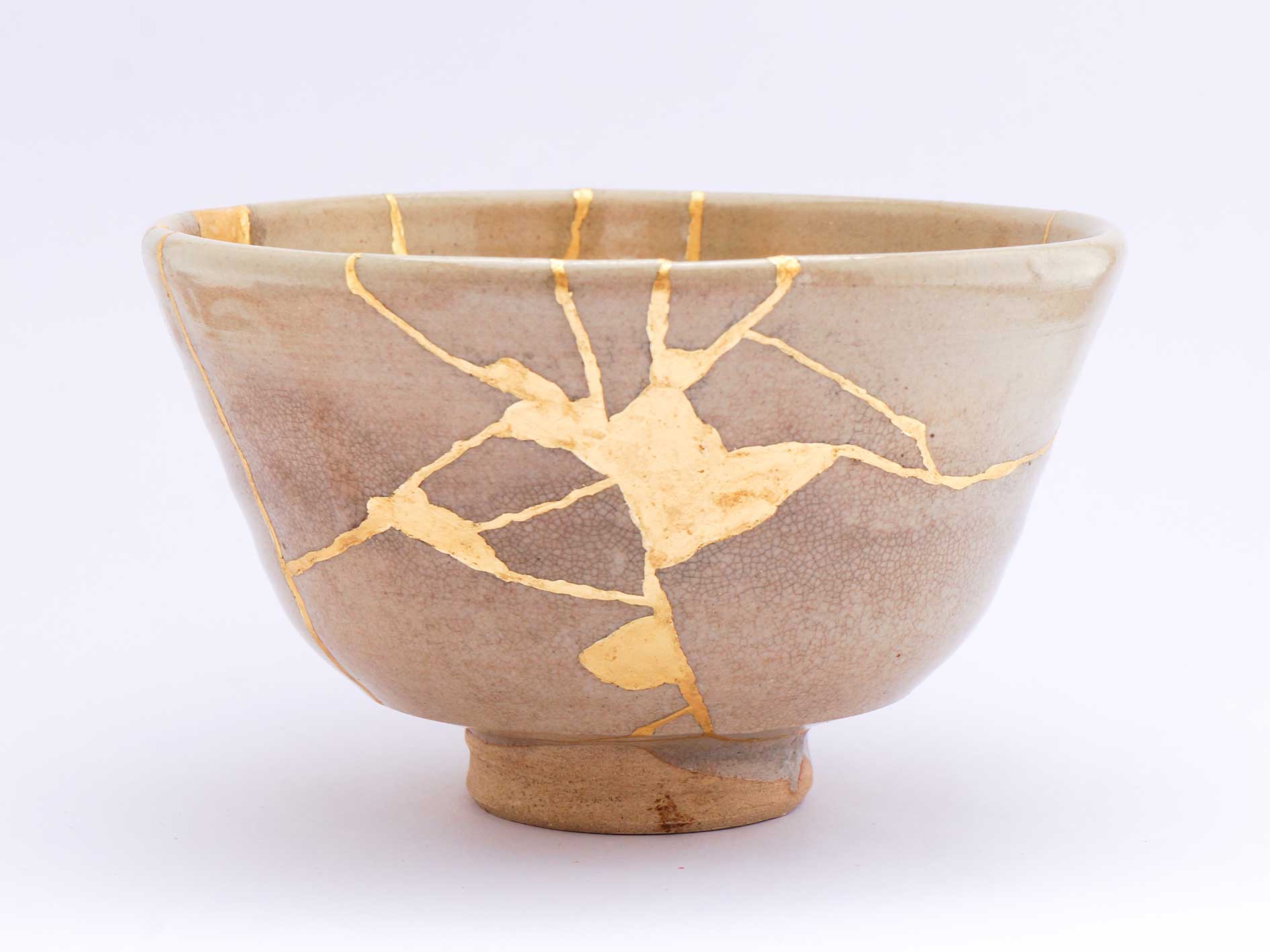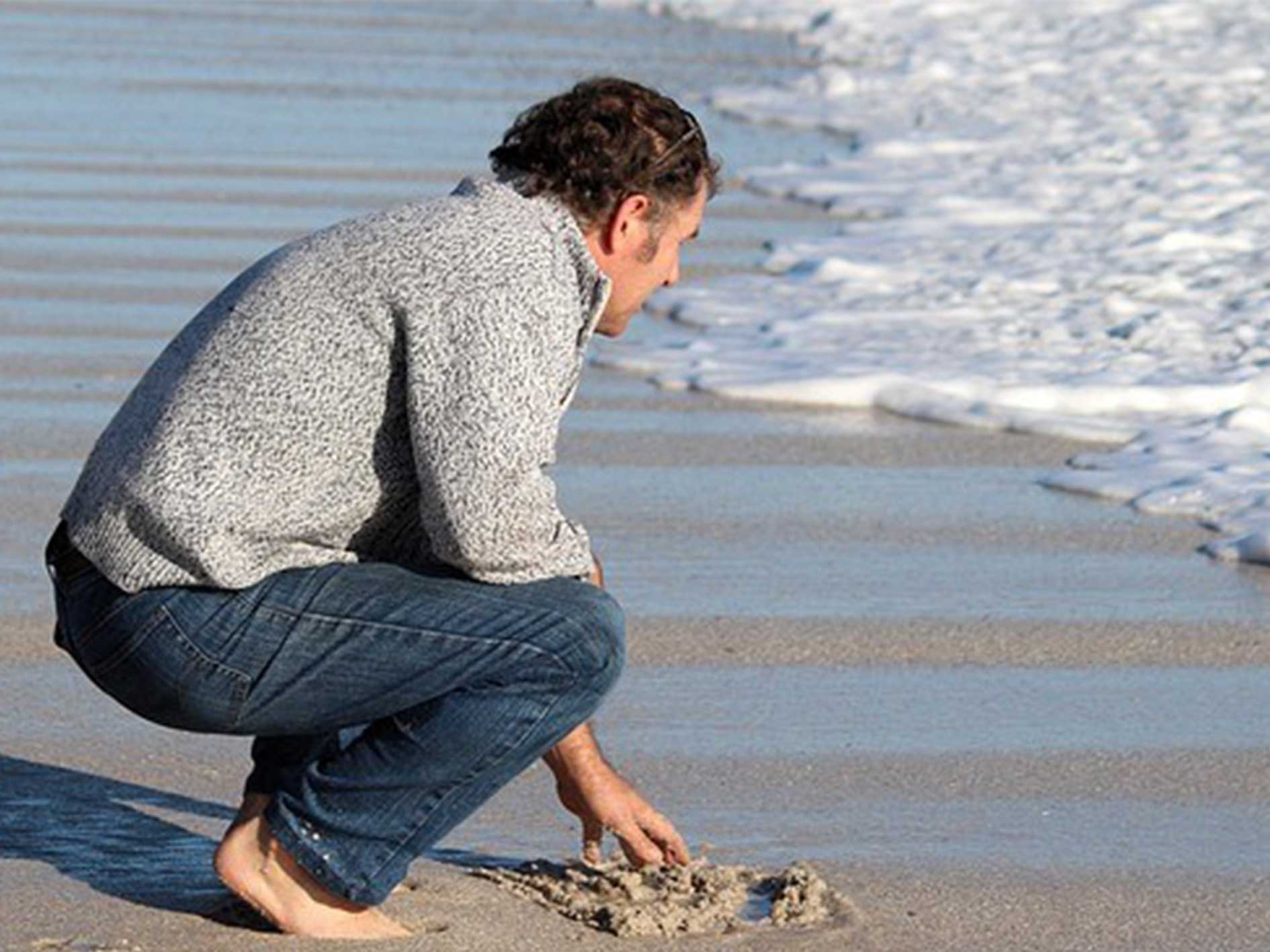Mental health has been a priority for all Chorus people during COVID-19. The mental health teams focused on continuing their work with customers, adapting services to cater for social distancing and self-isolation. Art has played a particularly important part this year, helping keep customers’ spirits high and reducing loneliness, while other activities were specially designed to inspire feelings of connectedness.

At Chorus Mandurah, customers have created a safe space dubbed the ‘Art Space’ where they feel free to just be. Open Wednesdays, customers can come in and be creative, check in for a coffee or share a budget-friendly lunch.
Customers created art that sparks conversations with others about their mental health, their journey and what recovery looks like for them. Through these interactions the ‘Art Space’ has grown into a small community. Customers even have an ‘Exchange Shelf’ that holds food, personal hygiene goods, household equipment and books.
The amazing personal successes in the Art Space have even led to painting commissions, talk of future exhibitions and sales of unique pieces of art. The ‘Art Space’ really demonstrates how connection and a sense of belonging can foster positive vibes and creative output.
Peta has been coming along to a unique art and music space at Chorus Mandurah Terrace. She had lost her way and wanted to build her confidence and believe in herself.
“The room is open, it’s flexible,” said Kym who manages the centre. “People want to come in of their own accord.”
Peta loves working with clay. “It’s a brand new experience and it’s just nice having the opportunity with Chorus to explore all this,” she said.
Support worker Theresa has helped Peta with making choices. “If you don’t like something somebody’s offering you, it’s okay to say no,” said Peta.
Chorus has opened doors for Peta by giving her the chance to explore possibilities. She’s worked hard to get on top of her goals. “If I can do it anyone can,” she added.
“What I think we do at Chorus along with many other organisations who work in this space is a remarkable job of helping people find their own path,” said Dan.

During coronavirus, the Mandurah Mental Health team made staying connected with customers their top priority. To foster creativity and continue helping with their mental health recovery during a time of amplified feelings of isolation, activity packs were specially designed to boost mood during a quiet moment.
These packs were sent out to customers with a monthly newsletter which featured ideas to keep them mentally and physically active, along with stories from other customers to maintain a sense of belonging and community.

The team in Bunbury focused on transitioning existing Mental Health program customers to the National Disability Insurance Scheme (NDIS).
Bunbury Team Lead Jerry Caruana says, “As we transition customers across to NDIS, we’re finding those same customers are getting some big plans, some in excess of 20 hours a week – more than one worker can deliver. We’ve been trialling key workers also being case managers or coordinators for the customer. The key worker continues to deliver some services and case manages the customer, but now also coordinates a small team of colleagues to deliver the service. Everyone learns and grows, and it promotes a non-hierarchical workplace as everyone assumes a mix of roles. This gives us an opportunity to up-skill our less experienced staff under the mentorship of the more experienced staff. The key worker has the best relationship and understanding of the customer’s needs. By offering a more person-centred approach ultimately there is a better customer experience. This is very relevant when working with complex mental health customers where we need to be in touch with their ever-changing needs.”
People experiencing mental illness often find themselves feeling isolated and lacking social confidence. Chorus Bunbury runs groups shown to be of great therapeutic benefit to customers.
These groups provide for community-based social connection and capacity building. The groups will typically do an activity together in a community setting, such as a bush walk, park picnic, art or craft. A conversation or activity helping empower participants to better manage their mental health is an integral part of each group.
The Japanese term ‘Kintsugi’ is built on the idea of strength and beauty in imperfection. When a ceramic object breaks, the kintsugi technique involves using gold dust and resin (or lacquer) to reattach the broken pieces. The resulting piece thus incorporates the unique cracks into its design, and the gold lines add to the beauty of the piece while strengthening it. This art form is often used as a metaphor illustrating how embracing one’s brokenness and imperfections can create something unique, beautiful and strong.
Since looking to this idea to build personal confidence and mutual support amongst members, the Bunbury Women’s Group has gone from strength to strength. They even started a Facebook Group that enables the sharing of ideas, recipes, and other relevant material between members. This proved particularly valuable while social distancing was in place.

The Wellness for Men group consistently attracts eight to 15 men at each meet up. Some participants have even stepped up into organising and volunteering roles.
For one member, the experience has been life-changing: “I was given the support of the group, and the men who were there. I was given different challenges, different experiences, different things to do, broadening my horizons.
I found the group helped me verbalise my problems and come out of my shell. Helped me calm down, helped me deal with society. It effectively gave me something to do and look forward to, and get out of the rut I was in, which was basically this small, dark room.
I found the men’s group itself really helped me as a person, you know, understand more about mental health, physical health and it got me out of the rut I was sitting in, it was really good.”
